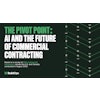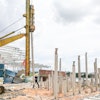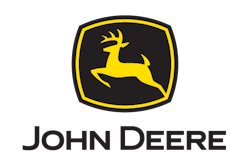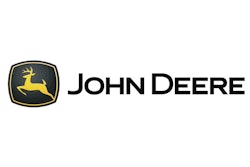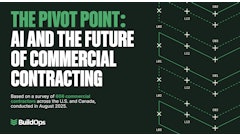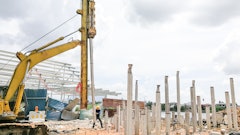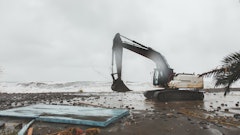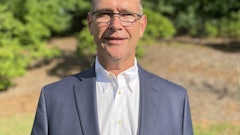More jobs and bigger jobs are not necessarily the answer to how to build a successful business, and I learned that long ago," says Brad Gilliland, Gilliland Excavating in Bloomington, IN. "I like to fiddle with smaller stuff. Often there's more money in it, and when you get things like that going on you can make a little money."
He says he learned that, and a lot more, just by keeping his eyes and ears open when industry veterans talked. "I listened to two or three older guys in construction, and I figured if I listened to those guys I wouldn't have to experience something to know what to do or what to avoid or how to solve something," Gilliland says. "And that's been real valuable to me, listening to those conversations."
Started in 1987 with a John Deere 350C crawler loader, a Kubota backhoe, and a pickup truck, Gilliland Excavating does excavation for roads, parking lots, and driveways; site clearing; demolition; and more.
"We tear out driveways or parking lots, prep the site with our skid steer, and cut out the soil. Then we add the stone," he says. "We don't fine tune the site because most pavers prefer to do that themselves." He says most pavers have the equipment to do the excavation and grading themselves, and they do a good job at it. "But those guys make their money putting down asphalt, not pulling it up, so they bring us in to get the site ready while they're off making money paving somewhere else."
Gilliland, who a lot of contractors hire on a no-bid, time-and-materials basis, was scheduled seven weeks out in July, and he credits employees who can do unsupervised, high-quality work. He says brother Nathan is "the best equipment operator I've ever seen," and his father, Larry, who has a concrete background, has supported the company from the start and works with the crew daily. But he also relies on equipment to get the job done.
"It's the equipment that bails us out. That's why I've never been afraid to invest in equipment," he says. "I have enough equipment that I can have four or even five different projects going at the same time and I couldn't do that without the right equipment mix. I've never been afraid to buy a piece of equipment, and if someone came to me right now with a job and I needed another piece of equipment to get the job, I wouldn't hesitate to go out and get it. I've always been that way and it's always worked for me. I'm not afraid to take chances, never have been."
Gilliland says he tends to steer away from big jobs.
"One outfit wanted me to do all the excavation on a subdivision and I passed on the job. They wanted me to do all the roads and foundation excavation and service work, and I was all tooled up to do it, but it's not the kind of work I like to do. It was a good job, but it would have spread me too thin."
He says he rarely will pursue low-bid work, which is why he stays away from new construction.
"I did utility work for a number of years but got out of that when it became too competitive, and new construction is very competitive work," he says. "I will do it for a select group of contractors, but I prefer to do things that are hard to do because when you're doing stuff no one else wants to do, that's where you can make some significant money - and significant profit. I want to do the hard stuff, the stuff that no one else wants to do or can do. I want the jobs other guys walk away from because they are more interesting, more challenging, and so they pay more. That's my approach, and it's worked for me for 20 years."

